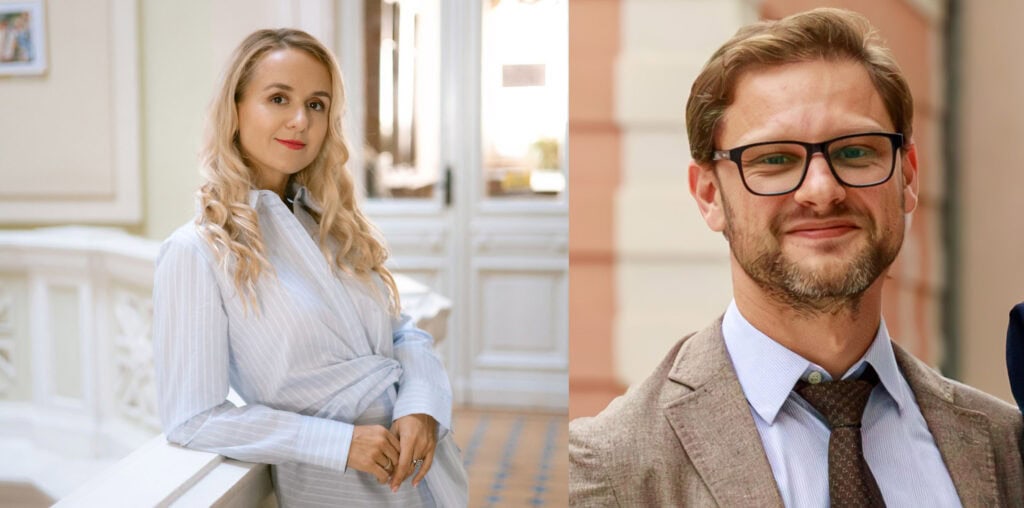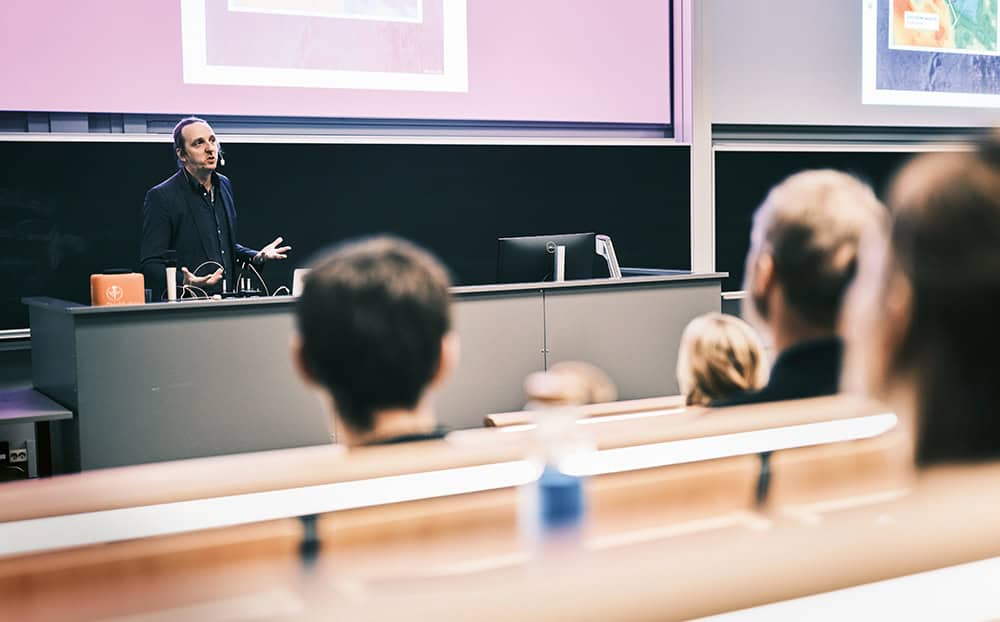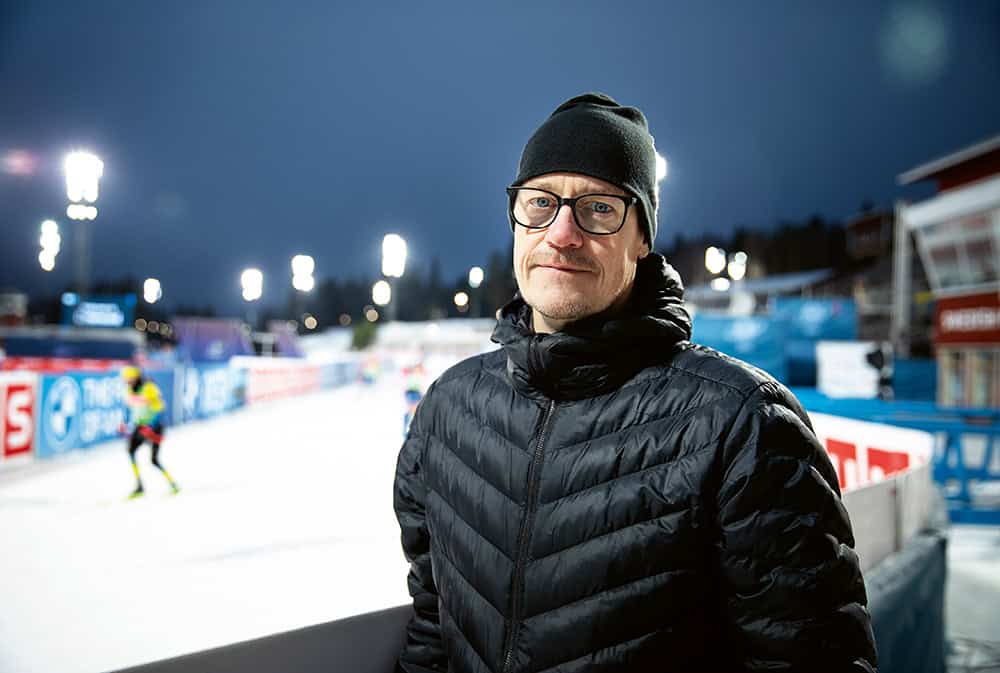All students who graduate from Karolinska Institutet (KI) are to be confronted with questions about sustainable development and the UN’s global goals for sustainable development during their education. This is part of KI’s climate strategy.
Hanna Karlsson is a docent in toxicology and works with developing KI’s teachers’ competence in sustainability issues together with Sara Widén, who is a psychologist and a teacher on the psychology programme and the physiotherapy programme.
“Primarily, we hold workshops for teachers,” says Karlsson.
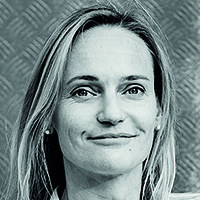
Hanna Karlsson
Docent in toxicology at Karolinska Institutet
The goal is to introduce sustainable development and climate as a natural part of the university’s education programmes, not only as separate courses but also integrated into various modules. “We usually say that you start with all 17 global goals in order to get an overview of the whole.
Then it is important to focus in more detail on the goals that concern the biosphere, as they are the basis for our entire existence and it is precisely these goals that are difficult to reach in Sweden.”
Sustainable development is a complex area. The global goals include everything from eradicating poverty and reducing inequality to combating climate change and creating sustainable cities and communities.
Hanna Karlsson believes that it is important to discuss how we are transgressing several planetary limits – environmental processes that create stability for life on earth where researchers try to define maximum or minimum levels that should not be crossed by human activities in areas such as freshwater use, species extinction and loss of ecological functions.
Add to that a heated social climate, where catastrophic news about the effects of the climate crisis is interspersed with debates about whether it is reasonable or not for Swedes to fly on holiday, and it can be difficult to know where to start as a teacher.
Or perhaps we are already teaching about sustainability?
“Some people still believe that sustainability issues are mostly about sorting waste,” says Magnus Sandberg, who is part of the medical faculty’s working group on education and research for sustainability at Lund University, “while others teach about it without even thinking about it. It is a challenge to show what it might be or where to begin. It can easily feel overwhelming and seem difficult to get started.”
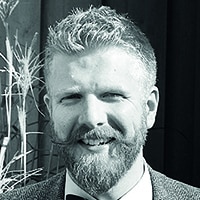
Magnus Sandberg
Part of the working group on education and research for sustainability, Lund University
According to the faculty’s action plan, all students and doctoral candidates are to acquire basic knowledge about sustainable development, and sustainability is to be included in all education at all levels and in all subjects.
“Just defining the term requires some work,” says Sandberg, “and solving the sustainability challenges, which are complex, requires many skills, including empathy, critical thinking and the ability to see multiple perspectives, collaborate, mediate and compromise.”
A couple of years ago, the faculty drew up an action plan to integrate sustainability into teaching.
“But it was a bit difficult to work with. It was quite comprehensive and ambitious, and the working groups that were involved in it were given no mandate and no budget.”
Now Sandberg is working primarily on building engagement among the people who have a mandate to make decisions, such as programme managers.
“We had an annual meeting in a network called the U21 Health Sciences Group on the theme of climate and health. That showed very clearly that there is a great deal to be done in our field, for example how do we view health in relation to heatwaves? It was a wake-up call for many people. It was very good to have a conference about these issues.”
Do you see any risk that it will be mostly talk about the issues?
“My feeling is that talking is good. Earlier, we didn’t even have that. It increases the likelihood that something will happen. There will be a movement, a greater commitment that comes both from above and from below.”
Hanna Karlsson’s main advice for getting started is to use your own context as your starting point and be open to learning new things. “We think you should start by analysing our own educational programmes and how we can we work from the starting point of our profession.”
Many teachers find it difficult to leave their familiar comfort zone and their subject, where they are professionals and knowledgeable. There can also be value-driven discussions that they are not accustomed to dealing with.
But we don’t have to talk about what is right or wrong; we can start with the facts.
Hanna Karlsson and Sara Widén usually give examples of exercises where, for example, you start by analysing how the work is progressing at global level.
“That also gives a good picture of how things are in Sweden, and that we are good at some things here but less good at others. Then you open people’s eyes to the challenges.”
How do you get around the fact that you are not an expert in the subject yourself?
“You can bring in lecturers, from your own university or international ‘superteachers’ who have posted good digital material online that you can then base discussions on,” says Karlsson. She recommends the material on the website for the UN campaign Global Goals for Sustainable Development as an example.
“At the same time,” she adds, “the management needs to be aware that this work does not come for free. Some teachers and programmes have come a long way, but they may also need to give teachers time to learn more.”
Karlsson, who works at the Institute for Environmental Medicine at KI, says that the efforts to integrate sustainability issues into teaching have paid off for her.
“I get so much back from the students I teach. I have never been as proud as when a student told me in their evaluation that the course had changed their way of seeing the world. My goal is that when you meet any student at KI and start a discussion, it should be evident that they have knowledge about the issues and want to be part of the solution.”
She also says that working with sustainability issues helps her in her own life.
“It is a lot of fun to share this work with a psychologist, because a lot of the challenges around sustainable development are about the fact that it is difficult for us humans to change our behaviour. And getting involved in the issue and doing what you can in your own context also helps with your own climate anxiety.”
Four tips from Hanna Karlsson
-
Teachers must be given time to learn and to develop their competence. I have done digital courses from the SDG Academy and from the Center for Sustainable Healthcare.
-
Learn from each other. Talk to other teachers who may have progressed further; share advice and recommendations about exercises and materials that work.
-
Focus on solutions and inspiring examples. Teaching for sustainable development is about knowledge, but also about contributing to the students’ desire to work for sustainable development.
-
Utilise the students’ interest in the subject. Let the students influence the content of the course.
The United Nations sustainable development goals
-
No poverty
-
Zero hunger
-
Good health and well-being
-
Quality education
-
Gender equality
-
Clean water and sanitation
-
Affordable and clean energy
-
Decent work and economic growth
-
Industry, innovation and infrastructure
-
Reduced inequalities
-
Sustainable cities and communities
-
Responsible consumption and production
-
Climate action
-
Life below water
-
Life on land
-
Peace, justice and strong institutions
-
Partnerships for the goals
